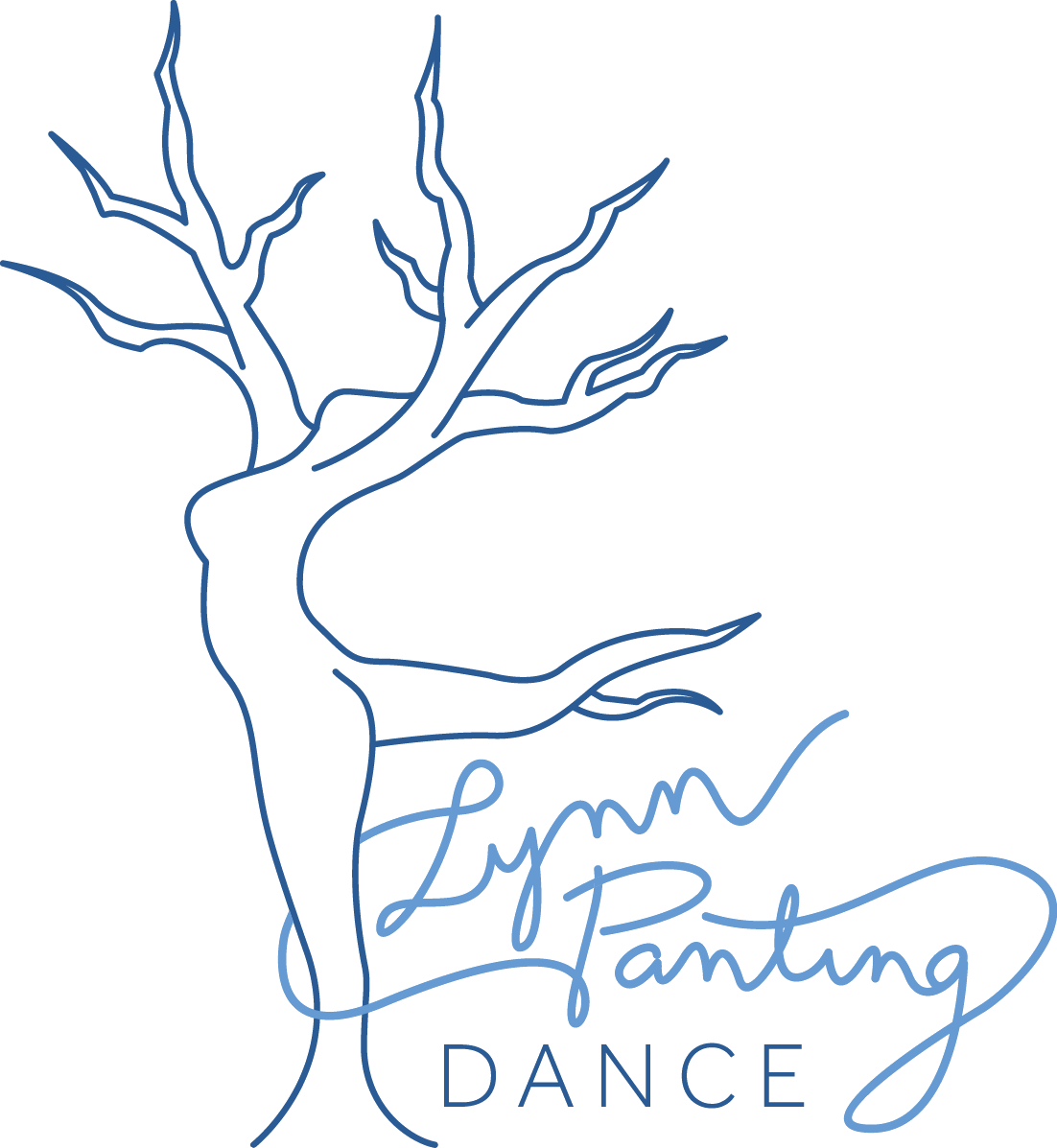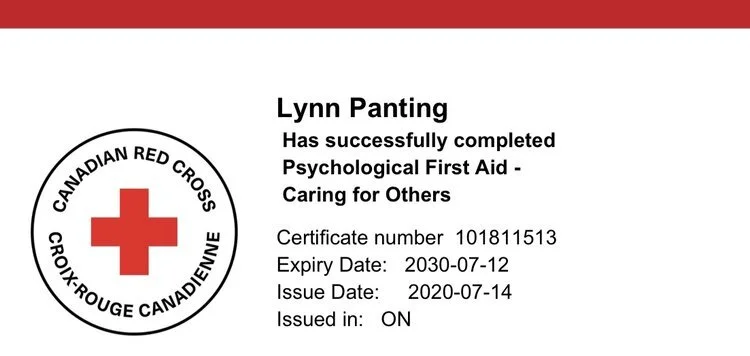
Approach to Intimacy Work
My approach is collaborative and human first. I believe that everyone in the room is a contributing, active artist. Further, I hold that centring ‘the human in the work’ allows for dynamic exchange, creative play, and deeper support of boundaries.
I am a skilled collaborator, trained in movement, with a consent-based practice. I start with the purpose of contact and help broker vocabulary and set blocking that serves the purpose and respects boundaries.
With vast experience working with both community groups and professional artists, I aim to bridge the gap between accessibility and expertise. I excel at meeting collaborators where they are, fostering meaningful and tailored connections that elevate both processes and outcomes.
What Does an Intimacy Director Do?
An intimacy professional is an advocate and liaison specializing in choreography for intimate physical contact and scenes that require emotional and psychological vulnerability.
This includes, but is not limited to sensual interactions, familial relationships, simulated sex acts, hyper-exposed work, nudity and violence.
How I Work
My work begins with understanding the specific context and goals of each scene. I first meet with the director and performers separately to learn about the vision for the scene and to understand any personal boundaries or concerns in a confidential, supportive space. Once everyone’s perspectives are considered, we come together to rehearse, working through the scene collaboratively.
Every project is unique, so I tailor my approach to suit the specific needs of the story and the individuals involved. We begin with placeholders for intimate or potentially violent contact, approaching the blocking step by step, always with clear consent and full transparency. Like stage combat, intimacy is choreographed with precision before any emotion or acting is layered in. This ensures clarity, safety, and confidence for all involved.
As part of my practice, performers must be given advanced notice if intimacy work will be included in a rehearsal, stumble through or show run.
I also request an intimacy call for all dress rehearsals and performances to maintain the integrity and context of the work.
Check out ‘Choreographing Connection’, a blog offering deeper insights into my approach to movement and intimacy direction.
What People are Saying
“Lynn is a consummate professional. Her demeanour put the cast and creative team at ease and guided us through the process step by step - ensuring everyone in the space felt brave in their storytelling.”
-Keith Pike, Director, Let’s Dance, Terra Bruce Productions
"Lynn Panting's intimacy choreography is exceptional. Not only does she provide a safe and positive space for performers of any age, her movement and dance experience creates extraordinary intimacy work that radiates physical poetry. Her work with my production of Romeo & Juliet infused the two famous characters with life, love, and intoxication that left the audience feeling butterflies in their stomach. Lynn Panting's work is absolutely captivating and beyond compare."
-Andrew Tremblett, Director, Romeo & Juliet, Shakespeare by the Sea
“I had the pleasure of working with Lynn during the 2023 Perchance Theatre summer season. She is pedagogically well grounded and her concern for emotional safety is ever present.”
-Christa Borden, Mary Meg/Christine/Ella, High Steel, Perchance Theatre
“My first intimacy scenes as an actor were coordinated with extreme comfort and confidence as Lynn made sure my partner and I established trust and understanding, not just with each other, but with ourselves, our director, and herself as well. I felt very well cared for and appreciated the patience and collaboration process. Lynn's ability to help an actor connect movements with emotions in a vulnerable moment is an incredible resource for actors, and I hope to work with her in this capacity again to continue the learning process.”
-Sandra Mills, Beatrice, Much Ado About Nothing, Shakespeare by the Sea
“I love collaborating with Lynn because she has so much knowledge and experience in multiple forms of artistic expression and is skilled in building processes that facilitate all artists involved to bring their best and most innovative ideas to the table.”
-Nicole Rousseau, RCAT, Bare Boards Productions
Select Intimacy Direction Credits
Paul and Linda Plan a Threesome, Endless Winter (2025)
Almost Maine, Mad as Hops Productions (2024)
Puppy Teeth (Workshop), Untellable Movement Theatre (2024)
Twelfth Night, Shakespeare by the Sea (2024)
A Winter’s Tale, Shakespeare by the Sea (2024)
Grace, Poverty Cove, Arts and Culture Centres of Newfoundland and Labrador (2024)
Rocky Horror Picture Show, TADA Events (2023)
Much Ado About Nothing, Shakespeare by the Sea (2023)
Romeo and Juliet, Shakespeare by the Sea (2023)
High Steel, Perchance Theatre (2023)
Let’s Dance, Terra Bruce Productions (2023)
Hay Fever, Perchance Theatre (2022)
The Mirror, Persistence Theatre Company (2021)
11/11 (Workshop), David Ferry (2020)
No Change in the Weather, Terra Bruce Productions (2019)
Remnants, White Rooster (2019)
Best Practice for Intimacy Work
Context. Consent. Communication. Choreography. Closure.
all intimacy work should have the benefit of third-party direction, outside of the actors in the scene
all intimacy work lives within a considered context
the intimacy director, in collaboration, identifies the moments of intimate contact
the intimacy director confirms the consent of the actors involved (consent is always revocable)
the intimacy director, in collaboration, blocks the placement, pressure, and duration of contact
physical action is blocked using plain words
the choreography is practiced independently from the emotional content of the scene
intimacy choreography is specific, set, and repeatable- it should not be altered
once the choreography is set and rehearsed, the physical actions and emotional content are integrated, creating a seamless intimate scene
Expectations in the Room
Openness
come into the room with an open mind, open heart, and curiosity
Context
the rehearsal room and performance space is a workplace
physical contact occurs within the context of the work, but not outside of it
Disclosure
it is essential that individuals communicate their boundaries so an appropriate framework and vocabulary can be established
a private conversation might be necessary to discuss triggers and/or pre-existing conditions
Empowerment
each individual is empowered to set and communicate boundaries
Enthusiastic Consent
If it’s not “hell, yes!”, it’s “no”
Best Practices
all artists are entitled to perform their duties in a harassment-free work environment
all artists including the director/producer are responsible for fostering a harassment-free work environment
all artists are entitled to a safe and accessible resolution process for complaints
Harassment is defined as any objectionable or offensive behaviour that is known or ought reasonably to be known to be unwelcome. Harassment may be intended or unintended.
Examples of possible harassment include, but are not limited to:
verbal abuse, yelling, and/or making threats;
making degrading or offensive comments, gestures, or jokes;
spreading malicious gossip or rumours;
inappropriate communication through social media, e-mail, or instant messaging;
actual or threatened physical contact or assault;
bullying or intimidation (e.g. sabotaging work equipment, interfering with someone’s ability to perform their duties, exclusionary practices, etc.).
Recommended Self-Care
hydration
nutrition
regular body movement
rest
deep breath/ meditation
epsom salt bath
acute injury to be treated by rest, ice, compression, elevation- recommended: professional medical consultation
chronic injury to be treated by rest, heat and/or ice- recommended: professional medical consultation and ongoing treatment
NL Emergency #s
Medical Emergency 911
Newfoundland and Labrador HealthLine 811
Mental Health Crisis Line (texting option available) 988
Mental Health Crisis Line 24 hour 1-888-737-4668
Education and Professional Development in the Field of Consent and Intimacy Work
Current member of Intimacy Directors and Coordinators Accelerator Program
The Intimacy Professional Summit 2025 (virtual attendee)
‘Foundations of Consent & Intimacy’ -Level 1 of 2 of Intimacy Directors and Coordinators’ online Consent-Forward Artist program
‘Applications of Consent & Intimacy’ -Level 2 of 2 of Intimacy Directors and Coordinators’ online Consent-Forward Artist program
Intimacy work is old, however, the field of intimacy direction and coordination is new. I have engaged with this work for over two decades as a choreographer and movement director, and I have the recent privilege of engaging with more formalized professional development.
I am in the practice of continued education and exchange.
Psychological First Aid
In July 2020 Lynn Panting completed the Psychological First Aid - Caring for Others course through the Canadian Red Cross
Header photo: Let’s Dance, Terra Bruce Productions 2023, photo credit Ritche Perez
















